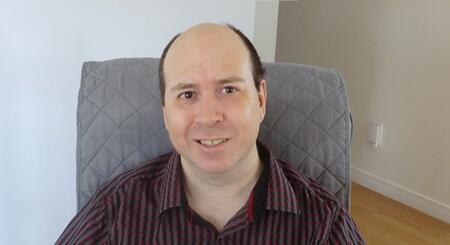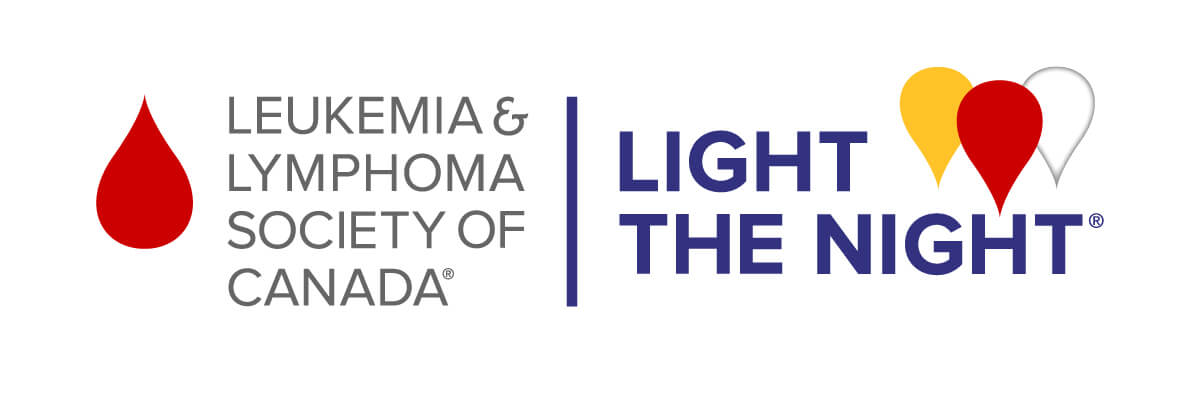
Philippe Villemure
Quebec City QC
Canada
Hello all,
Incredible, isn’t it? How your life can change overnight, forcing you to rethink and reset all your plans and aspirations. This is particularly true when it comes to blood cancer. That’s what changed my life in 2006. I had just finished university and my specialization, and I had gotten a job in Montreal that checked all the boxes.
When I came home from a trip, my parents were stunned by how much I had changed physically in just a few months: significant weight loss, constant and overwhelming fatigue, shortness of breath, unexplained loss of energy, full-body pallor, bruising, frequent infections.
But there was always a plausible explanation:
What student hasn’t gone a bit pale during final exams? A 25-year-old man can’t be frail or sick!!!! It’s almost summer vacation. I’ll take some time to rest and get back on my feet.
Not that I didn’t go to the doctor, but all the explanations were along those lines.
But all it took was one important person to sound the alarm. I went to a clinic for a walk-in appointment with my friend’s mother, who hadn’t seen me in several months. She told me to go straight to the hospital for a blood test, and then—I was hospitalized on the spot and transferred to Hôtel-Dieu de Québec, started chemo immediately, underwent tests to see if my brother was a compatible bone marrow donor. But no luck. He wasn’t a match.
Incredible… how time seems to speed up when life is moving too fast.
Suddenly, it was all one thing after another, everything swirling around me. The blood test was all wrong, my white blood cell counts were off the charts, and I was going from one appointment to the next. There was no time to think.
But the treatments turned out to be impressively effective. I knew that some of the treatments could be experimental for someone my age. The hematologist-oncologists were very competent and followed their protocols to a T. Fifteen days later, I came back home, right back where I was when I was hospitalized, but now able to be hopeful. I had medical follow-ups every week at first, then every month, and for the last fifteen years now, every three months. My medication has stayed the same.
You can’t heal all on your own, so you learn to trust your care team and, most importantly, to trust yourself.
Because you’re the one most affected. You also learn to ask the right questions, to make informed decisions and to keep up with your medication and doctor’s appointments.
Of course, research has led to so many advancements in the treatment of blood diseases! I’ve been on Gleevec since 2006. Despite side effects like fatigue, I always take my medication “religiously,” because it allows me to move forward with my life.
You learn to live with the illness. You learn to recognize your own limits. You know that there are highs and lows, more energetic days and then times that are harder to get through.
After that first year of more intense treatment, I was able to return to working in healthcare, and then at a community resource centre. But I wasn’t as strong as I used to be, and I didn’t have the energy necessary to do such demanding jobs.
Now, I focus on volunteer work, which allows me to use my strengths without pushing my limits.
It’s also important not to isolate yourself, to go to peer support group meetings and to eat healthy and exercise. I must admit, when I bike a few kilometres, or go bowling, or come back from a walk outside, or do some other activity, I feel alive. And I welcome those moments as a gift from life.
